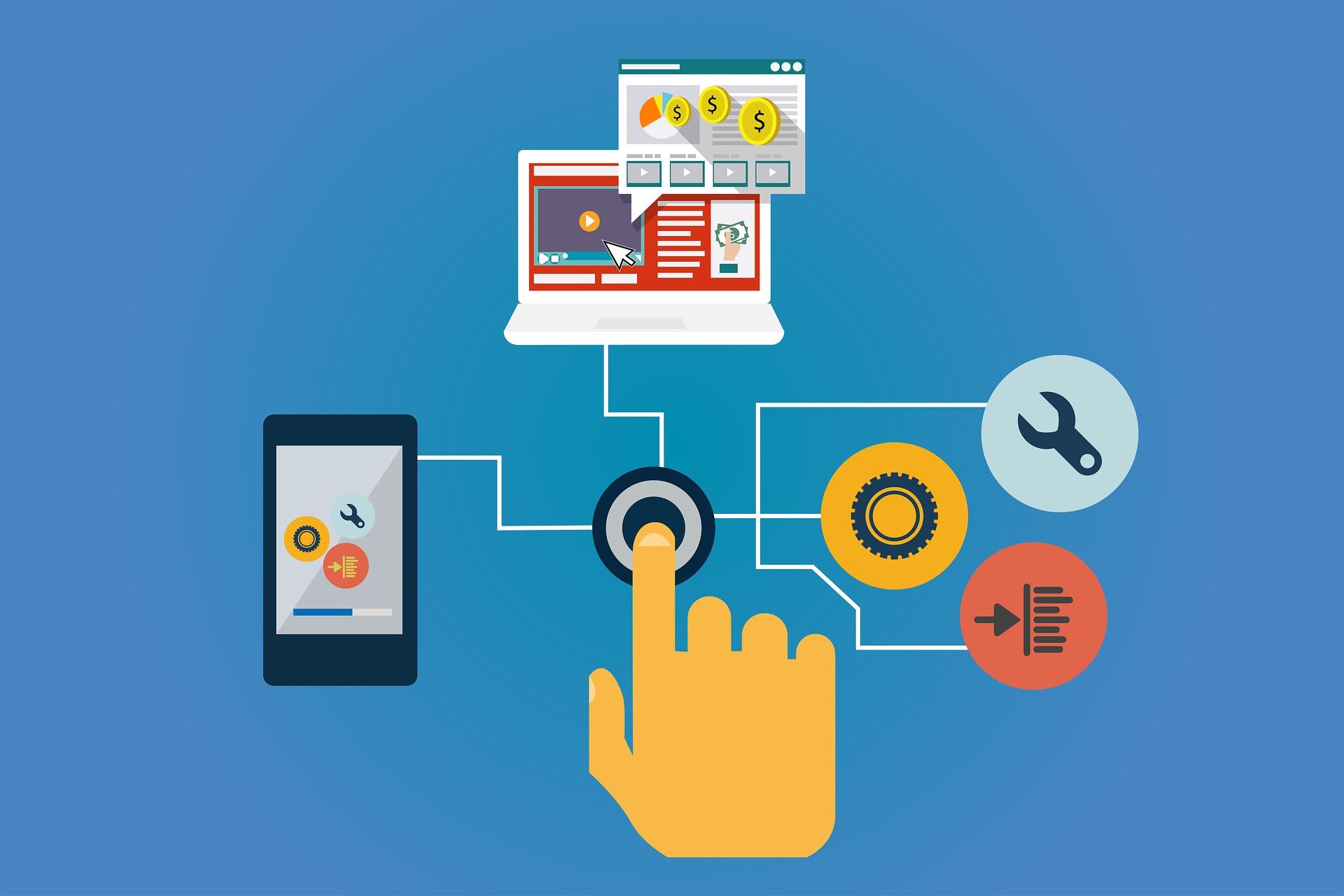Blog
What is an API and What Does it do for Me?
We've already written quite a few blogs about the benefits APIs offer within different industries, but let's take a step back and see what APIs are exactly.

What is an API?
An API, or Application Programming Interface, is a set of rules and tools that allow different software applications to communicate with each other. It acts as an interface between different software components, allowing them to share data and functionality with each other.
Various Benefits
APIs provide several benefits. First, it enables interoperability, meaning that different systems can work together even if they have different programming languages, architecture, or infrastructure. This makes it easier to share data and functionality between different applications.
Second, APIs allow for modularity and reusability. Instead of redeploying functionality, developers can use existing APIs to perform specific tasks. This allows developers to work faster and saves resources.
Another advantage of APIs is that they provide opportunities for third-party developers to build their own applications and services on top of existing platforms. This opens the door to innovation and creates new business opportunities.
Most Used APIs
REST (Representational State Transfer) APIs were one of the most common and widely used forms of APIs. REST is an architectural style for designing networked applications and is often implemented using HTTP as the communication protocol. It relies on a stateless client-server interaction, where resources are represented as URLs, and HTTP methods like GET, POST, PUT, and DELETE are used to perform operations on these resources.
However, it's important to note that the technology landscape evolves rapidly, and new forms of APIs may have gained popularity since then. For example, GraphQL, a query language for APIs, has been gaining traction in recent years due to its flexibility and ability to request only the specific data needed. Additionally, gRPC, a high-performance, language-agnostic RPC (Remote Procedure Call) framework, has also gained popularity in certain domains, particularly in microservices architectures.
The Future
The future of APIs looks promising. With the rise of cloud computing, Internet of Things (IoT) and artificial intelligence (AI), we expect an explosive growth of APIs. These technologies require seamless integration and interoperability, making APIs perfectly suited to fulfill this need.
In addition, APIs are likely to become more standardized and more powerful. New protocols and standards will emerge, such as GraphQL, that make data retrieval more efficient. In addition, AI-driven APIs will become increasingly popular, allowing developers to access complex algorithms and machine learning models without detailed knowledge of the underlying technology.
All in all, APIs play an essential role in modern software development and their importance will only increase as technology continues to evolve.
We are Here to Help!
As you grow your API program, and start powering business-critical applications and front-end experiences with APIs, you need an effective way to manage and scale them. By using our solutions and knowledge we can get you in the driving seat, show you how to maximize your performance and tackle every challenge you might face in the future! If you want to keep ahead of your competitors and achieve extra flexibility contact us today to explore your possibilities.
Furthermore, we now offer our X4Connect Pilot at a very attractive rate so that you do not immediately have to make a large investment without proof that it works. See our special X4Connect page for this.


